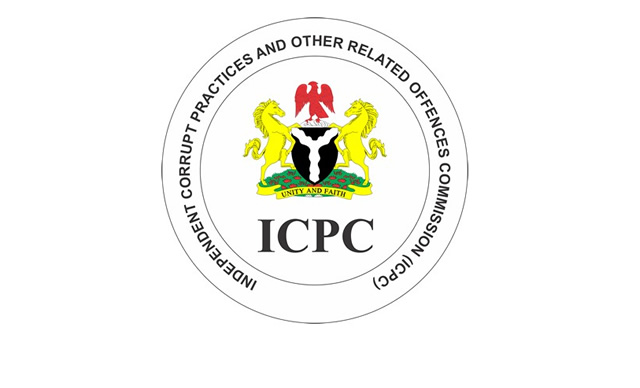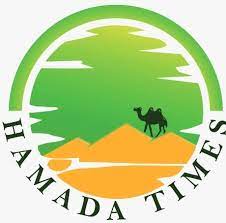The Independent Corrupt Practices and Other Related Offences Commission (ICPC) and the Universal Basic Education Commission (UBEC) have renewed their commitment to strengthening transparency, accountability, and good governance in Nigeria’s basic education system.
This follows a courtesy visit by the Executive Secretary of UBEC, Dr. Aisha Garba, and her management team to the Chairman of ICPC, Dr. Musa Adamu Aliyu (SAN), at the Commission’s headquarters in Abuja.
According to a statement issued by Demola Bakare, fsi, Director, Public Enlightenment and Education, and Spokesperson of the ICPC, Speaking during the visit, Dr. Aliyu described the partnership as a strategic move to ensure that funds allocated for educational development are effectively utilized for the benefit of Nigerian children. He noted that the collaboration would promote efficiency, transparency, and value for money in the implementation of basic education projects nationwide.
The ICPC Chairman commended UBEC’s leadership for its commitment to providing free, compulsory, and quality education, stressing that the Commission’s anti-corruption drive extends beyond enforcement to include preventive measures, system reviews, and public enlightenment.
Dr. Aliyu also highlighted the ICPC’s Constituency and Executive Projects Tracking Initiative (CEPTI) as a key mechanism for monitoring UBEC-funded projects. According to him, CEPTI ensures accountability and quality delivery of educational infrastructure and services across the country.
In her remarks, Dr. Aisha Garba reaffirmed UBEC’s zero-tolerance for corruption, disclosing that the Commission had established Anti-Corruption and Transparency Units (ACTUs) in all its offices to entrench ethical conduct and transparency among staff.
She further revealed that UBEC had fully complied with the Public Procurement Act and recently underwent a procurement audit by the Bureau of Public Procurement (BPP), which confirmed its adherence to due process and financial discipline.
Dr. Garba explained that UBEC officers across all levels have subscribed to a Code of Transparency to ensure accountability, while seeking ICPC’s technical support in strengthening anti-corruption frameworks across the 36 states and the Federal Capital Territory.
The meeting ended with a joint commitment to develop a Memorandum of Understanding (MoU) to formalize and expand cooperation between the two agencies in safeguarding Nigeria’s educational resources.


